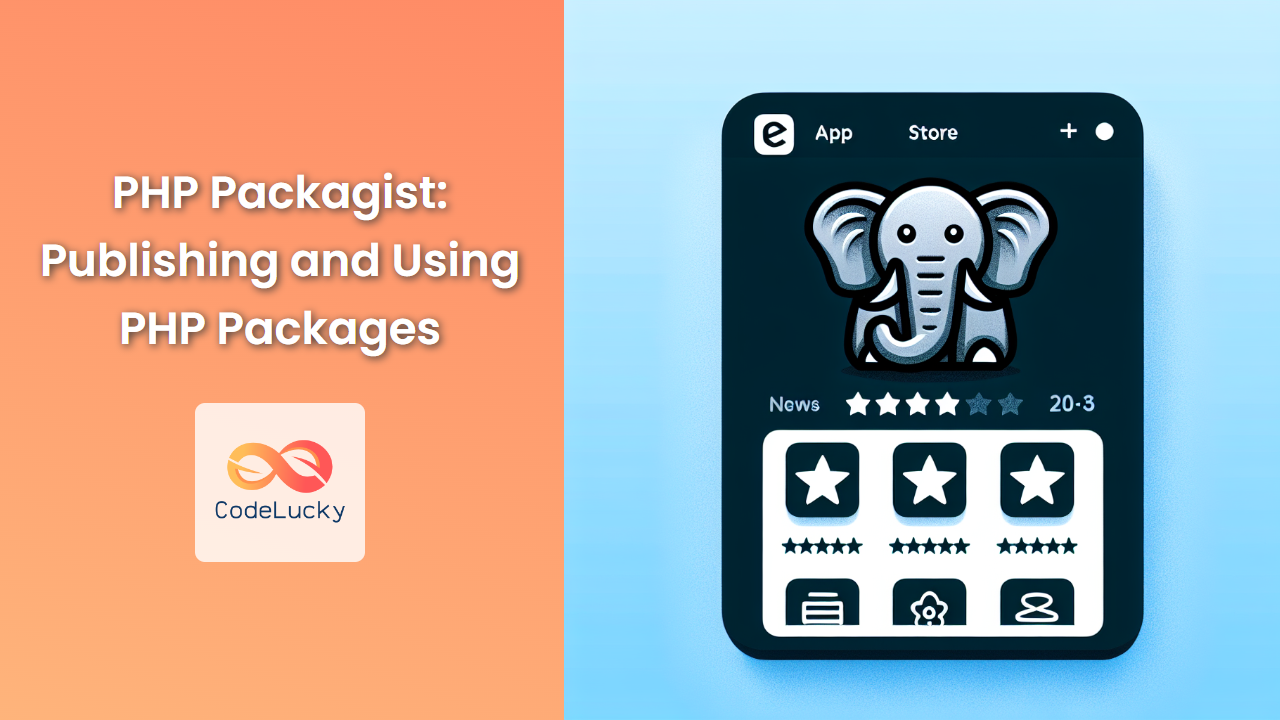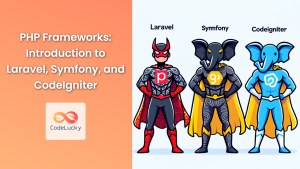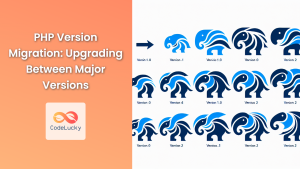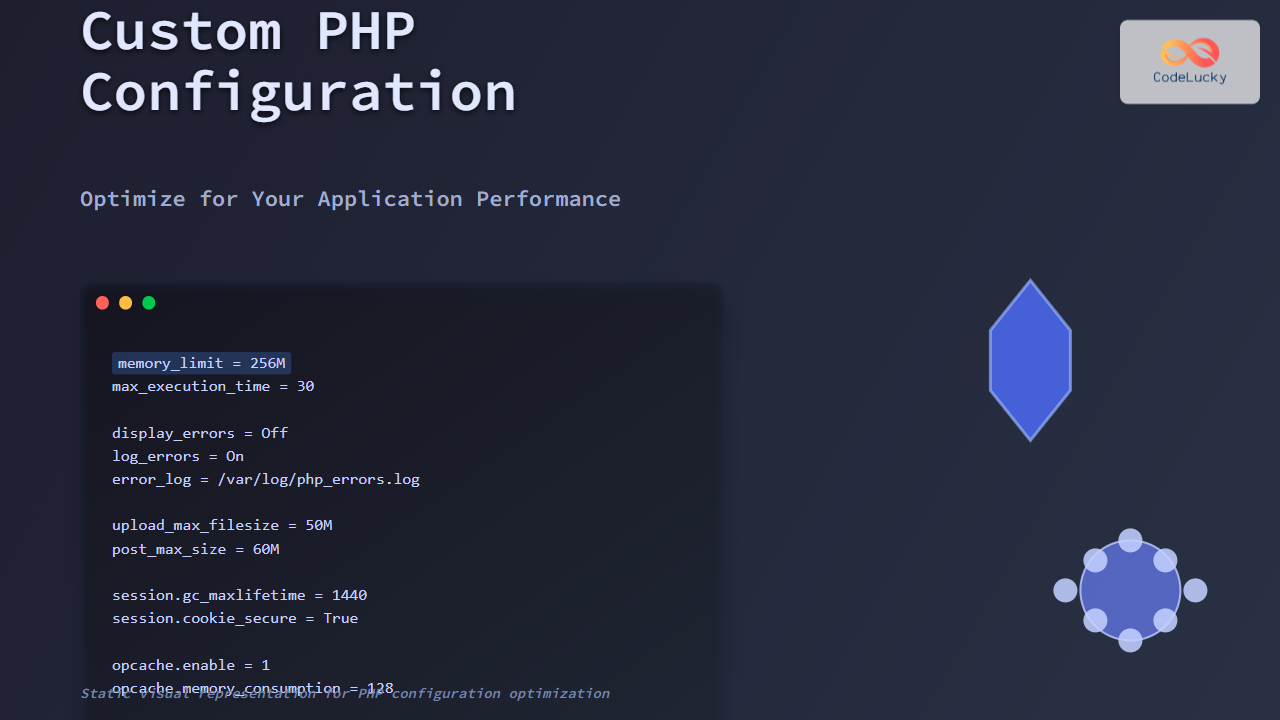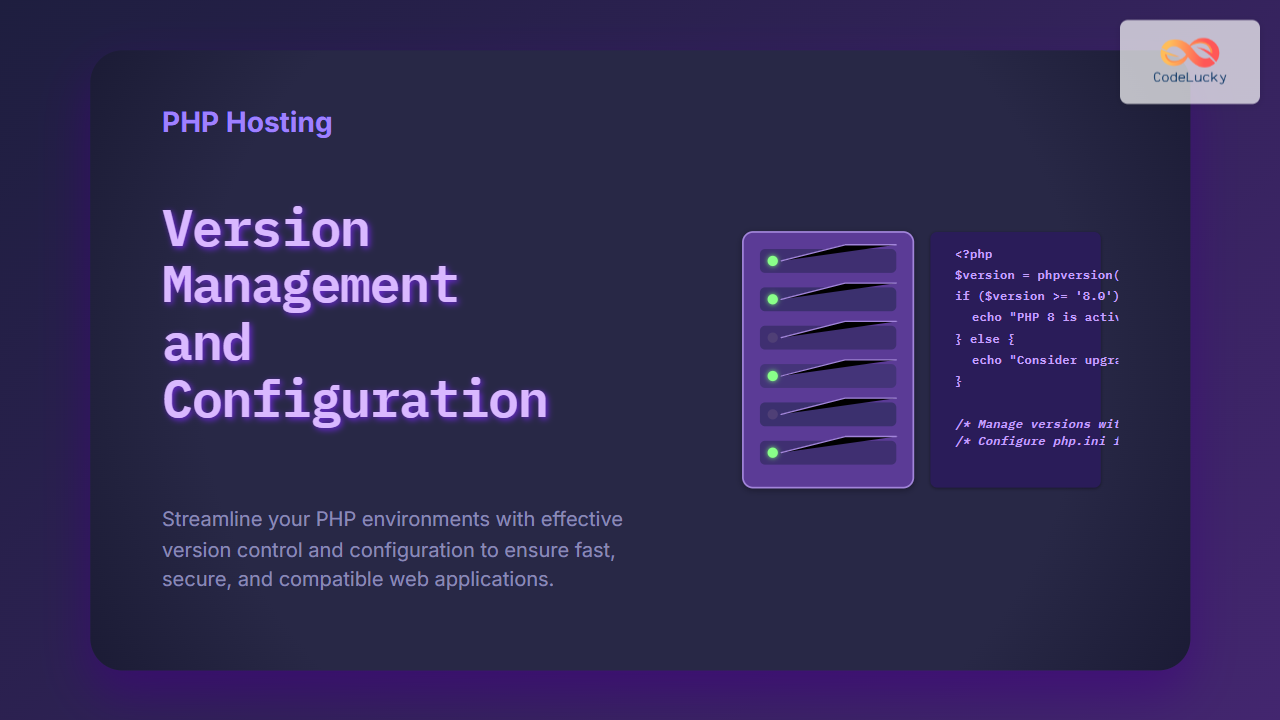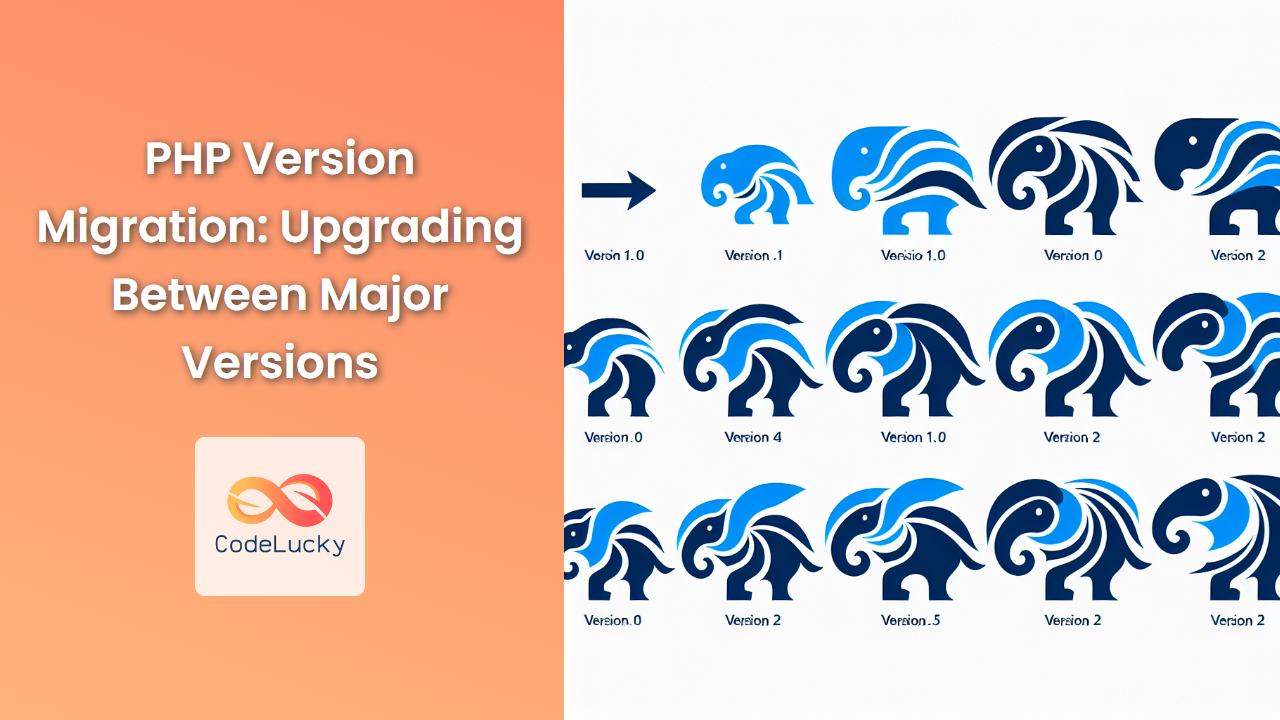In the vast ecosystem of PHP development, Packagist stands as a cornerstone for managing and distributing PHP packages. This powerful tool has revolutionized the way developers share and utilize code, making it easier than ever to integrate third-party libraries into projects. In this comprehensive guide, we'll dive deep into the world of Packagist, exploring how to publish your own packages and effectively use packages created by others.
What is Packagist?
Packagist is the main repository for Composer, PHP's dependency management tool. It serves as a central hub where developers can publish their PHP packages and search for packages to use in their projects. Think of it as a massive library of PHP code, ready for you to explore and utilize.
🔍 Fun Fact: As of 2023, Packagist hosts over 300,000 packages, with billions of downloads!
Publishing Your First Package on Packagist
Let's walk through the process of creating and publishing a simple PHP package on Packagist. We'll create a basic utility package called "StringUtility" that provides some string manipulation functions.
Step 1: Create Your Package
First, let's create a new directory for our package and initialize it with Composer:
mkdir string-utility
cd string-utility
composer init
Follow the prompts to set up your composer.json file. Here's an example of what it might look like:
{
"name": "codelucky/string-utility",
"description": "A simple string manipulation utility",
"type": "library",
"license": "MIT",
"authors": [
{
"name": "Your Name",
"email": "[email protected]"
}
],
"require": {
"php": ">=7.4"
},
"autoload": {
"psr-4": {
"CodeLucky\\StringUtility\\": "src/"
}
}
}
Step 2: Write Your Package Code
Create a src directory and add your PHP files. Let's create a simple StringUtility.php file:
<?php
namespace CodeLucky\StringUtility;
class StringUtility
{
public static function reverseString(string $input): string
{
return strrev($input);
}
public static function capitalizeWords(string $input): string
{
return ucwords(strtolower($input));
}
public static function countVowels(string $input): int
{
return preg_match_all('/[aeiou]/i', $input);
}
}
This class provides three simple string manipulation methods:
reverseString: Reverses a given stringcapitalizeWords: Capitalizes the first letter of each word in a stringcountVowels: Counts the number of vowels in a string
Step 3: Create a Git Repository
Initialize a Git repository and commit your files:
git init
git add .
git commit -m "Initial commit"
Step 4: Push to GitHub
Create a new repository on GitHub and push your local repository to it:
git remote add origin https://github.com/yourusername/string-utility.git
git push -u origin master
Step 5: Submit Your Package to Packagist
- Go to Packagist and create an account if you haven't already.
- Click on "Submit" in the top menu.
- Enter the URL of your GitHub repository.
- Click "Check" and then "Submit" to add your package to Packagist.
🎉 Congratulations! Your package is now published on Packagist and available for others to use.
Using Packages from Packagist
Now that we've published a package, let's look at how to use packages from Packagist in your PHP projects.
Step 1: Set Up Your Project
Create a new directory for your project and initialize it with Composer:
mkdir my-project
cd my-project
composer init
Step 2: Require the Package
To use our newly created string-utility package (or any other package from Packagist), we can use the composer require command:
composer require codelucky/string-utility
This command will download the package and its dependencies, and add it to your composer.json file.
Step 3: Use the Package in Your Code
Now you can use the package in your PHP code. Let's create a simple index.php file to demonstrate:
<?php
require 'vendor/autoload.php';
use CodeLucky\StringUtility\StringUtility;
$text = "Hello, Packagist!";
echo "Original: " . $text . "\n";
echo "Reversed: " . StringUtility::reverseString($text) . "\n";
echo "Capitalized: " . StringUtility::capitalizeWords($text) . "\n";
echo "Vowel count: " . StringUtility::countVowels($text) . "\n";
When you run this script, you'll see the following output:
Original: Hello, Packagist!
Reversed: !tsigakcaP ,olleH
Capitalized: Hello, Packagist!
Vowel count: 4
Best Practices for Package Development
When developing packages for Packagist, keep these best practices in mind:
-
Follow Semantic Versioning: Use semantic versioning (SemVer) for your package releases. This helps users understand the impact of updates.
-
Write Clear Documentation: Provide clear, comprehensive documentation for your package. Include installation instructions, usage examples, and API references.
-
Use PSR Standards: Follow PHP Standards Recommendations (PSR) for coding style, autoloading, and other aspects of your package.
-
Include Tests: Write unit tests for your package to ensure reliability and make it easier for others to contribute.
-
Keep Dependencies Minimal: Only require dependencies that are absolutely necessary for your package to function.
-
Use Continuous Integration: Set up CI/CD pipelines to automatically run tests and checks on your package.
Advanced Packagist Features
Packagist offers several advanced features that can enhance your package management experience:
1. Webhooks
Packagist can automatically update your package when you push changes to your repository. To set this up:
- Go to your package page on Packagist
- Click "Settings"
- Copy the webhook URL
- Add this URL as a webhook in your GitHub repository settings
2. Private Packages
While Packagist is primarily for public packages, you can use it with private repositories by setting up a private Packagist instance or using Composer's support for VCS repositories.
3. Package Statistics
Packagist provides detailed statistics for each package, including download counts and version popularity. These can be valuable for understanding your package's impact and usage trends.
Troubleshooting Common Packagist Issues
Even with its user-friendly interface, you might encounter some issues when working with Packagist. Here are some common problems and their solutions:
-
Package Not Found: Ensure that your package name in
composer.jsonmatches exactly with the name on Packagist. -
Version Constraints: If you're having trouble requiring a specific version, check that you're using the correct version constraint syntax in your
composer.json. -
Autoloading Issues: Make sure your
composer.jsonfile correctly specifies the autoloading configuration for your package. -
Rate Limiting: If you're hitting GitHub's API rate limits, consider authenticating Composer with your GitHub account.
Conclusion
Packagist has become an indispensable tool in the PHP ecosystem, streamlining the process of sharing and using code across projects. By publishing your own packages and leveraging the vast array of existing packages, you can significantly boost your productivity and the quality of your PHP projects.
Remember, the power of Packagist lies not just in using packages, but in contributing back to the community. So, the next time you write a piece of reusable code, consider packaging it up and sharing it on Packagist. Your contribution could be the missing piece in someone else's project puzzle!
🚀 Happy coding, and may your packages always resolve successfully!

